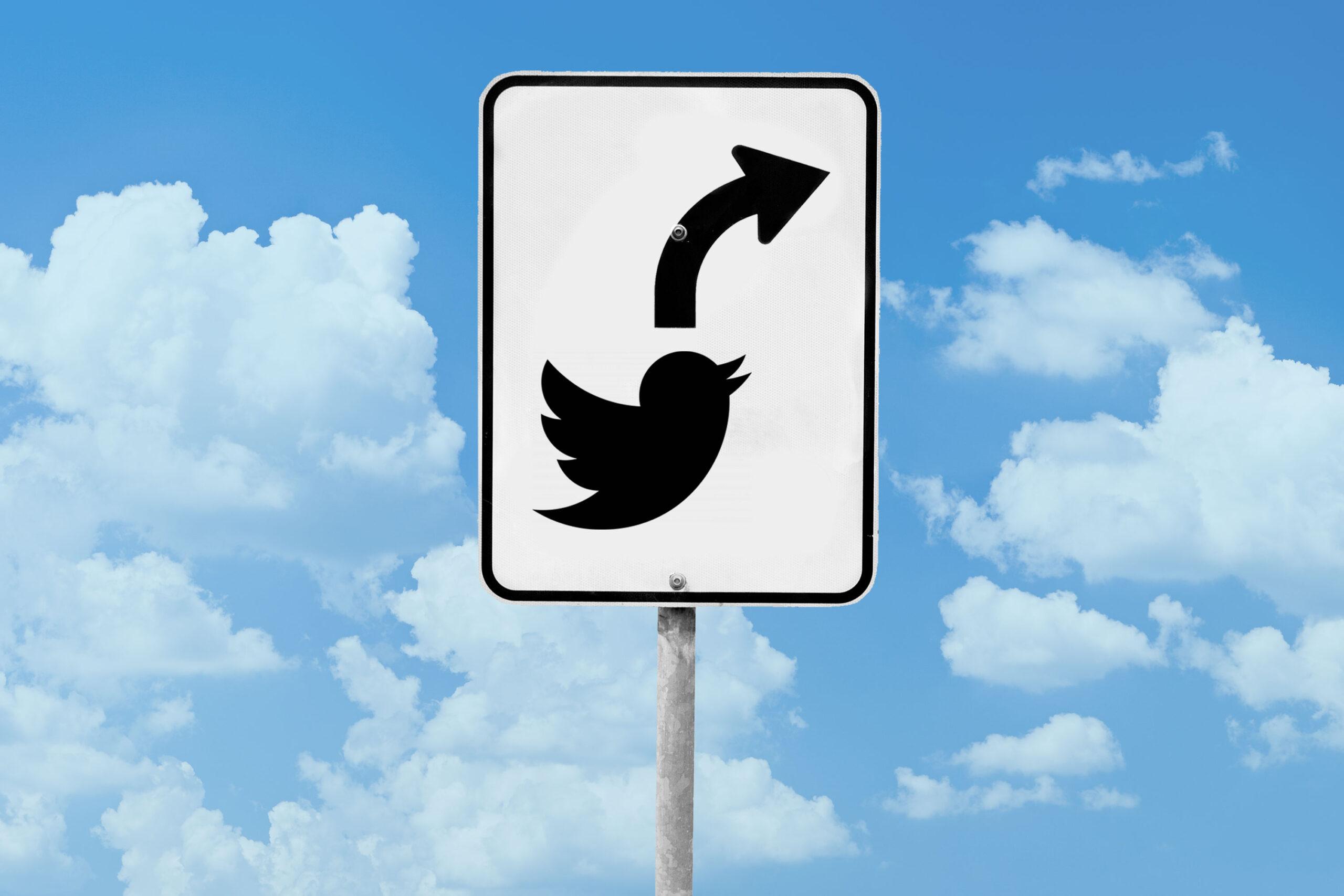We can all agree that alliteration is awesome. But we shouldn’t allow it to convince us that we’re making sense when we’re not.
It’s time to take “took to Twitter” out to the woodshed, feed it into a wood chipper, and spread the result around the garden.
Who among us, in search of a more interesting way to say “wrote on Twitter,” hasn’t typed that insipid phrase? I’m certainly guilty. As are my colleagues at The Ringer (33 results) … my former colleagues at Grantland (75) … the folks at The New York Times (1,450) … and even the linguistic sticklers at The New Yorker (151).
A few receipts:
- “... Derek Carr took to Twitter to defend himself against claims that on-field crying created a rift in the Raiders locker room. (I still can’t believe that …”
- “... the Modern Showrunner Handbook guidelines, The Walking Dead executive producer Glen Mazzara took to Twitter to interact with fans of the …”
- “… WASHINGTON — It started, like so many things do in the age of Trump, with a morning tweet. The president of the United States took to Twitter …”
- “... policy adviser, went on television to support a bill that would penalize immigrants who didn’t speak English, Mendelsohn took to Twitter. …”
Around this time, you may be thinking that I have entirely too much of it on my hands. That’s not wrong, but neither am I.
Take a closer look at the phrase itself and the idioms it most closely mirrors. The phrase raises more questions than it provides answers: took what to Twitter? And where, exactly, are we taking this unspecified thing? Twitter corporate headquarters in San Francisco? The app on that cluttered smartphone home screen?
[Writes inane message in notes app; taps to select it; taps again, harder this time, to select more than one word; taps copy; pages over to the app; selects the app; pastes in message; hits tweet; realizes later that the end of the message got cut off in the copy-paste process; curses loudly in a public place.]
Seems like a lot to ask; isn’t there someone on TaskRabbit who will do all of that for a palatable price?
Perhaps the best idiomatic match is “take to one’s bed,” meaning to confine oneself to bed due to an illness. There’s certainly more than enough sickness on Twitter, but while many users take their issues to the platform, few who write the phrase we’re here to discuss can claim to have had that usage in mind.
Other potential examples include “take to pieces” (dismantle) and “take to one’s heels” (flee), but that’s almost certainly not the intention behind typing Trump took to Twitter.
Four T’s in a row, whee!
Saying that the president took to Twitter like a duck to water is acceptable, but let’s all agree to stop suggesting he’s bringing anything to the platform. Like any good troll, the president mainly seems to use social media to taunt foes, demean those he’s unhappy with, and score cheap points (gotta get those likes) with like-minded followers via offensive, hateful rhetoric. Really, no one brings anything of real value to Twitter; we all write things on it. We should say so.
Bored by wrote on? Not titillated by said on? Try thumbed out on, dashed out a missive on, or—perish the thought—tweeted.
I know, I know: No one wants to sound boring. But if everyone just said what they meant and took the time to ensure that what they were writing was worth reading, we’d all be better off.
And none of us would have to take to our beds in distress.
